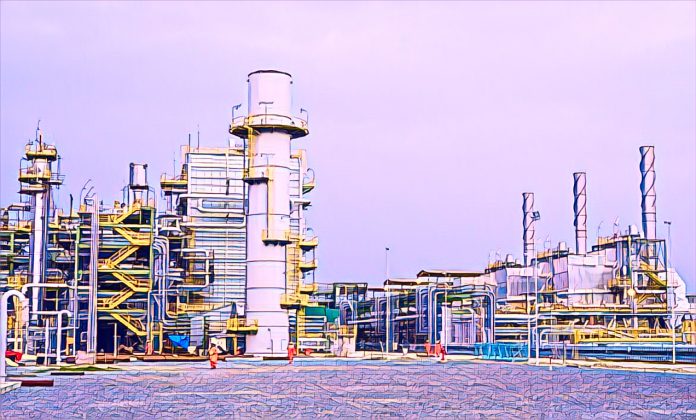The United States might soon become the largest crude oil supplier to Nigerian refineries, years after Nigeria ceased being a major supplier to the U.S. According to a report by S&P Global, the U.S. now accounts for 30% of the 47 cargoes delivered to Nigeria’s Dangote Refinery.
The Dangote Refinery has scaled to 400,000 barrels per day, delivering diesel, jet fuel, naphtha, and fuel oil to both domestic and export markets. Petrol, Nigeria’s primary fuel type, is expected to be produced from mid-August.
The report suggests that U.S. crude grades could rival domestic supplies in pricing long-term. However, difficulties in accessing foreign exchange have caused delays, with PetroChina vessels loaded with WTI Midland sitting off the refinery for weeks.
S&P Global Commodities at Sea data indicates that European imports of Nigerian crude have decreased since January, with only U.S. oil imports falling more. Brazil, Egypt, Libya, and Guyana have increased their supply during this period.
Following a directive by President Bola Tinubu, a coalition of Civil Society Organizations (CSOs) announced plans to monitor the Nigerian National Petroleum Company Limited’s (NNPCL) compliance in selling crude oil to Dangote Refinery in naira. This initiative aims to ensure transparency and adherence to regulatory standards in the dealings between the state oil firm and the privately owned refinery.
During a facility tour of the 650,000 bpd refinery in Lagos, Solomon Adodo of Rise Up for A United Nigeria, speaking for 28 CSOs, expressed dismay over the government’s reluctance to support the local refinery despite its potential to alleviate the nation’s fuel crisis and foreign exchange challenges.
The CSOs accused NNPCL of disregarding President Tinubu’s directive to sell crude oil to Dangote Refinery in naira. They vowed to intensify advocacy efforts to compel the government to prioritize the refinery’s operations.
Devakumar Edwin, Vice President of Dangote Industries Limited, echoed the CSOs’ concerns, highlighting the refinery’s potential to transform Nigeria’s economy.
Meanwhile, oil marketers have called on President Tinubu to investigate NNPC, the Depots and Petroleum Products Marketers Association (DAPPMA), and the Nigerian Midstream and Downstream Petroleum Regulatory Authority (NMDPRA). They allege shady deals between these entities and urge a downward review of the ex-depot price of petrol.
According to the marketers, NNPC sells petrol to private depot owners under DAPPMA at an ex-depot price of N556.5 per liter. However, tank farm owners reportedly sell petrol to oil marketers at N700-N740 per liter, leaving retailers with minimal profit margins.
The oil marketers urged the federal government to sanitize the distribution chain by pressing NNPC and its regulatory arm, NMDPRA, to insist on a fair ex-depot price for tank farm owners.



